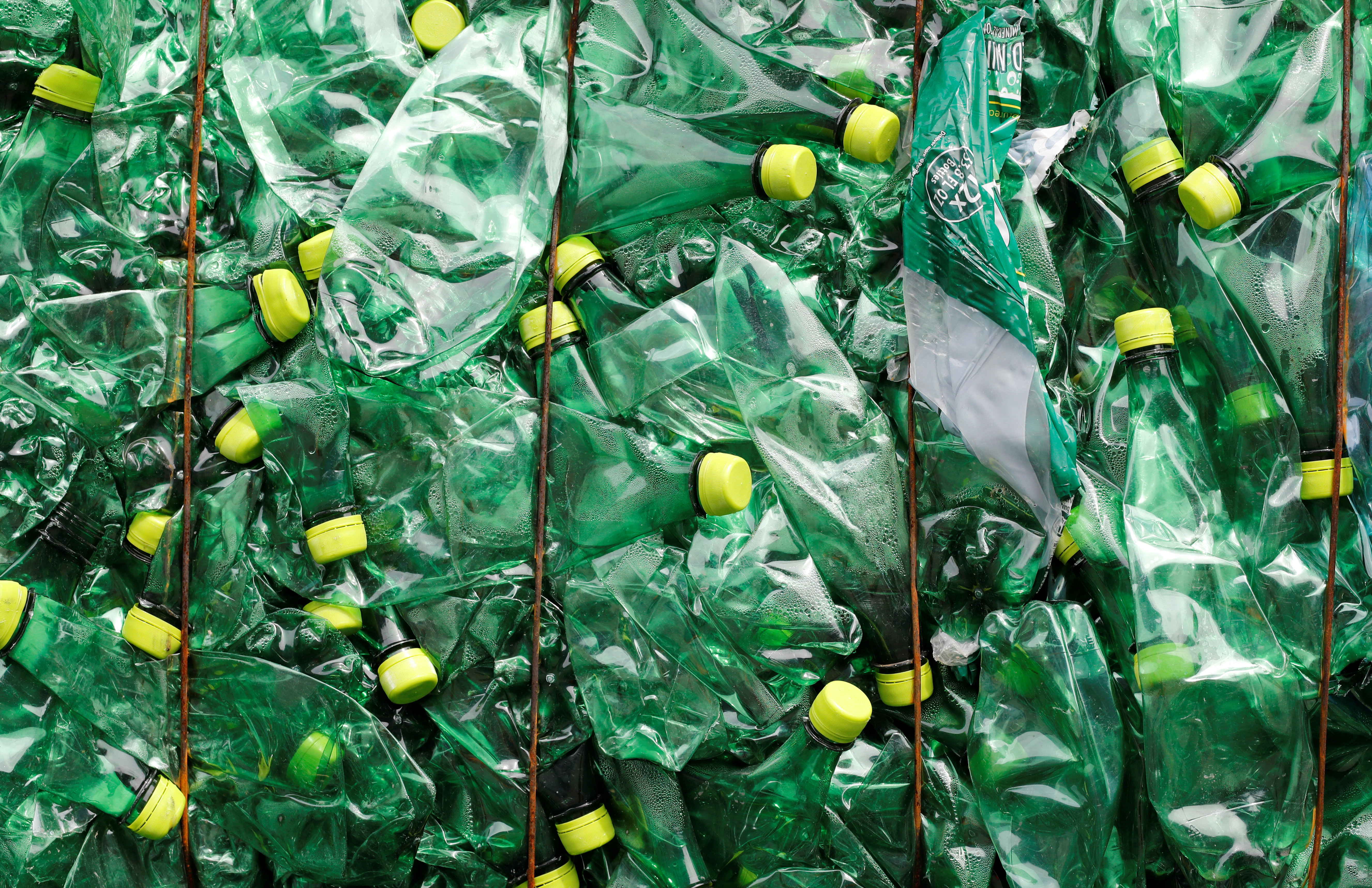
What does sustainably-sourced seafood actually mean?
Sustainable seafood has risen in popularity, but is it really better for the environment? Here, Green Matters unpacks the meaning behind the label.

Sustainable seafood has risen in popularity, but is it really better for the environment? Here, Green Matters unpacks the meaning behind the label.

Busting a common plastic recycling myth: A new Greenpeace USA report says most of the plastic used in the US is not recyclable.

The current megadrought in the Western United States is the most extreme drought in the last 1,200 years, according to a new study. What are the causes?

Forust is a sustainable company that is 3D-printing wooden products with upcycled sawdust that would otherwise be a waste product of the wood industry.
SG Blocks launched SG Home, a line of sustainable houses made from shipping containers that are also resistant to natural disasters at a reasonable price.
A new study by Leeds University, Edinburgh University, UCL, and Earthwave has discovered the extent ice loss has increased over the past three decades.
The take-out industry isn't considered the most environmentally friendly, but one company is changing that by offering re-usable, recyclable packaging through a deposit system.
In the last year, the UK has dramatically reduced its plastic bag consumption. In 2015, a 5p charge was introduced for every bag used.
Startling photographs of a new lake on Mont Blanc have sparked further concerns over the climate crisis.
In a bid to tackle climate change, Scotland is set to power the entire country with 100% renewable electricity with its wind resources to power every house
Utrecht in the Netherlands has redesigned over 300 bus stops to feature "green roofs", which aim to provide a habitat for bees in the city.
NASA has been working on its eco-friendly fuel, Green Propellant Infusion Mission, or GPIM, for years. It has now passed a crucial test.
Loggerhead sea turtles have been listed as endangered for more than 40 years. But they are currently experiencing a potentially record-breaking nesting season along the coast of Georgia.
Microfibers are a form of microplastics that are released from our clothing when we wash them, and they can have potentially harmful effects on the environment.
A new form of plastic called poly(diketoenamine) could create a closed-loop and zero-waste recycling process.










